2-Day Family Sightseeing & Relaxation Itinerary in Tangier, Morocco
Tangier, Morocco
2 days
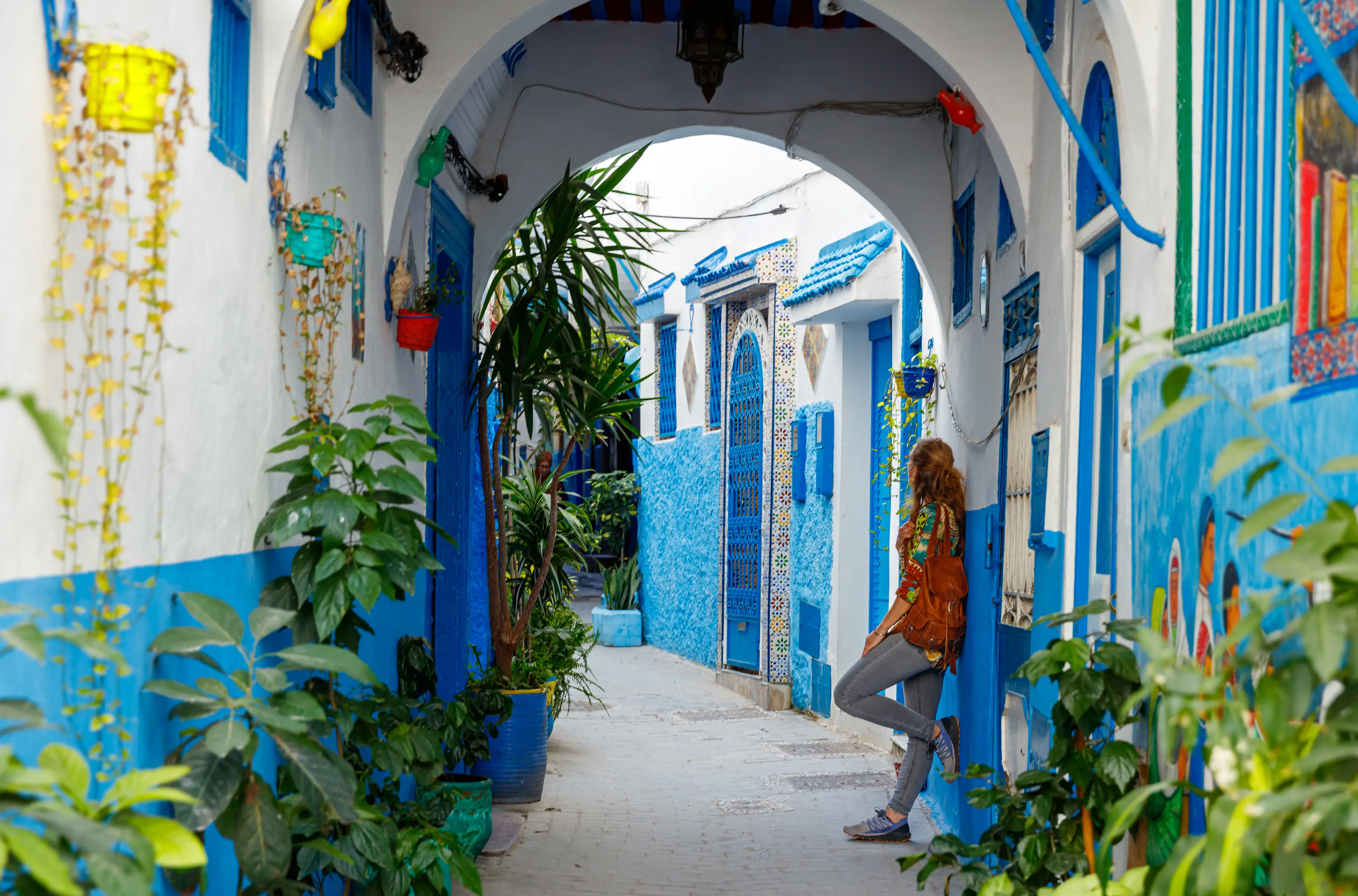
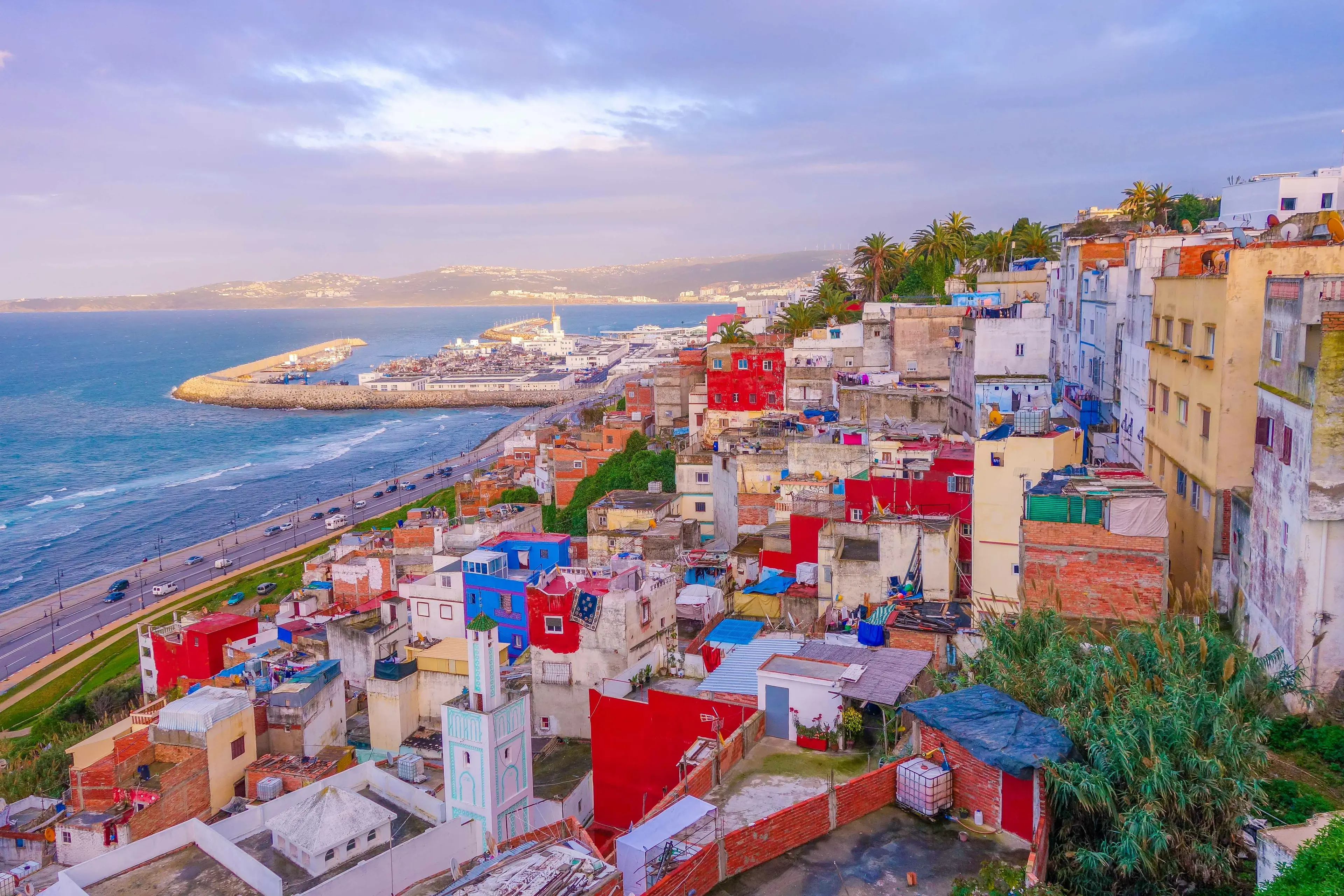
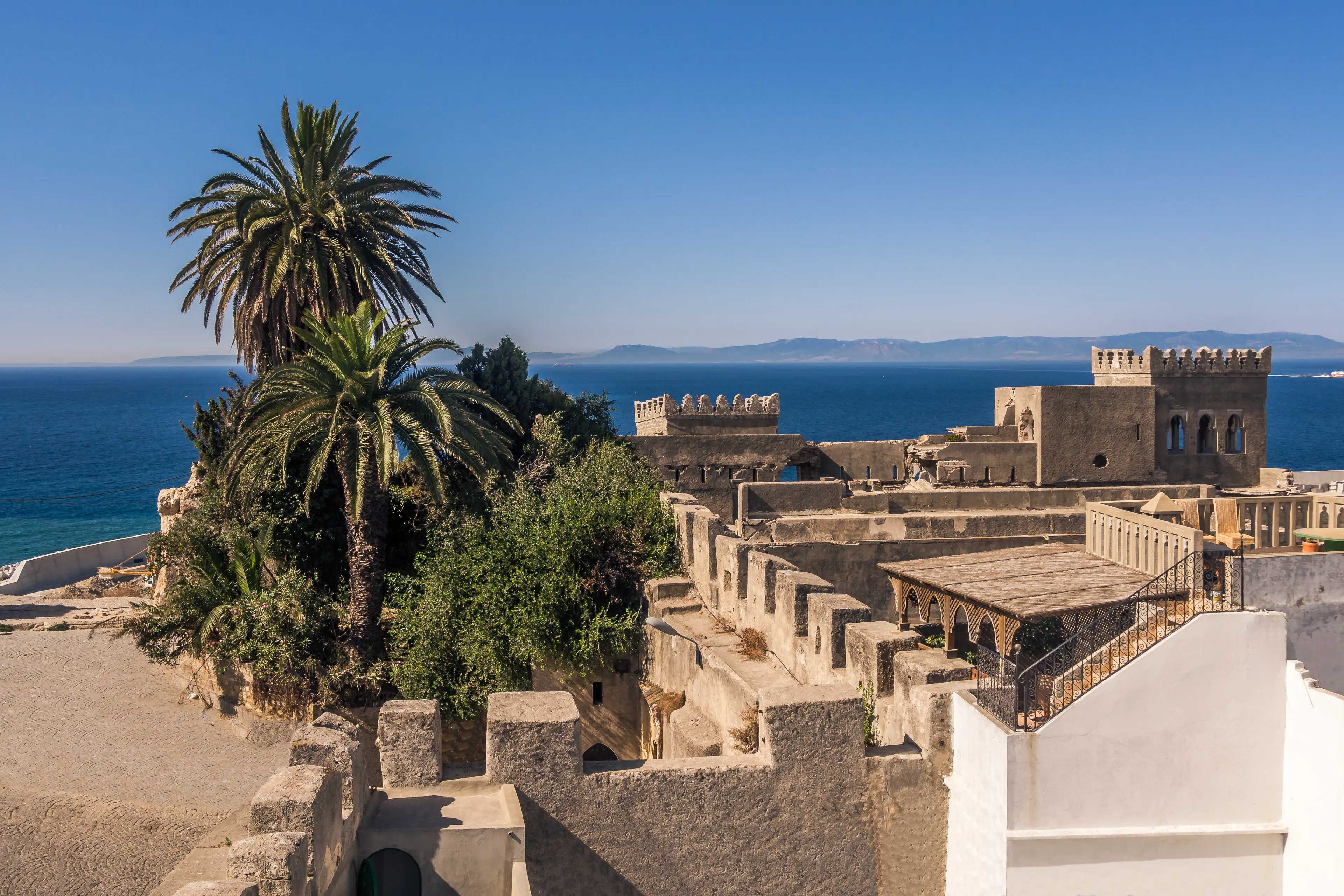

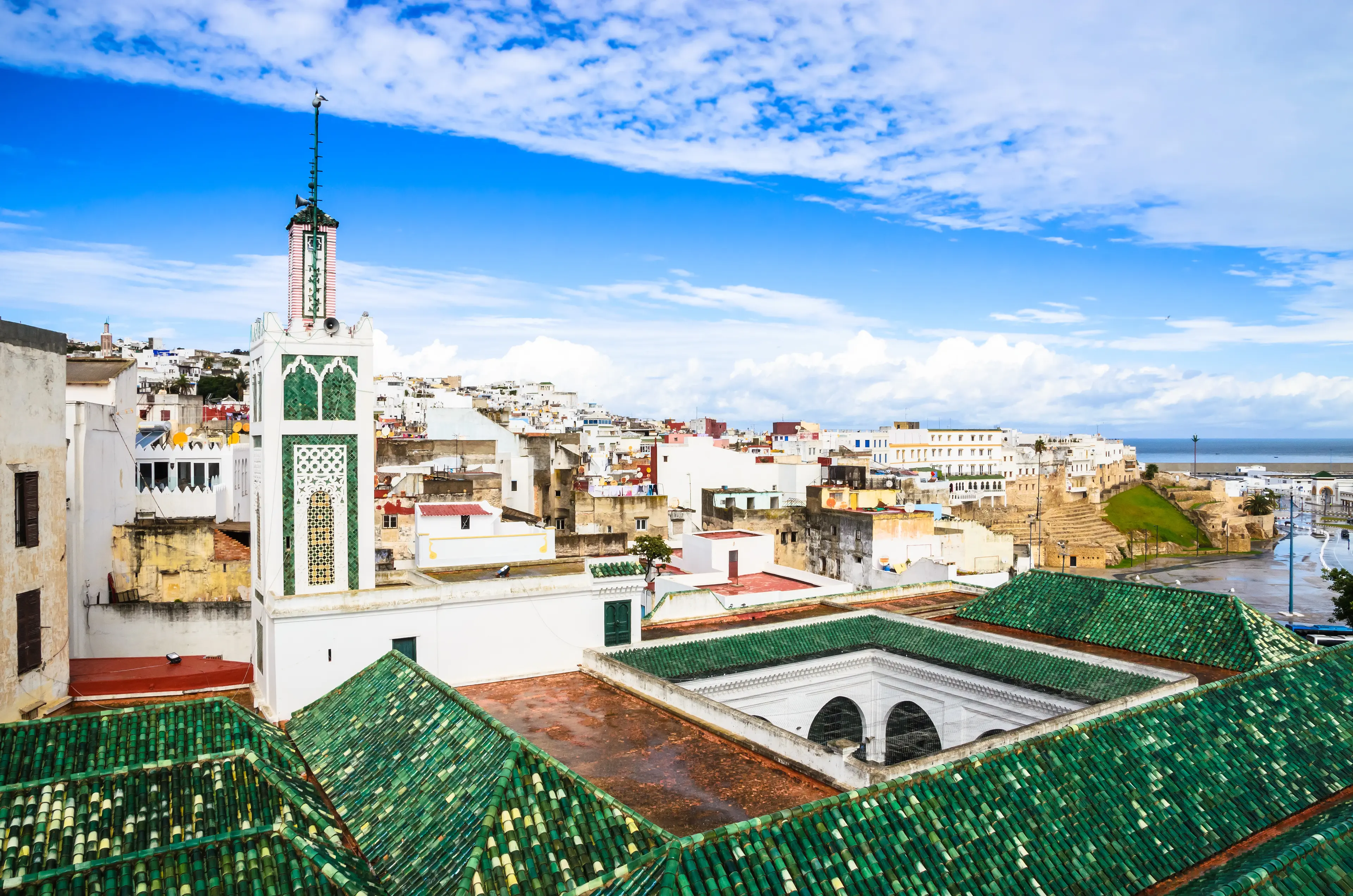
About Tangier, Morocco
Experience the exotic allure of Tangier, Morocco, a vibrant city where African, European, and Middle Eastern cultures blend seamlessly. This coastal gem offers a captivating mix of history, art, and cuisine. Explore the bustling Medina, a UNESCO World Heritage site, with its labyrinthine streets filled with unique shops and cafes. Visit the Kasbah Museum, showcasing the city's rich history, or the Caves of Hercules, a natural wonder steeped in mythology. Enjoy the city's diverse culinary scene, from traditional Moroccan tagines to fresh seafood. As the sun sets, witness the breathtaking view from the Cap Spartel. Tangier, a city of contrasts and surprises, promises an unforgettable journey.
2-Day Itinerary
Day 2
Discovering American Legation and Natural Wonders
Morning
Start your second day with a visit to the American Legation Museum, the first American public property outside the United States. It's a fascinating place to learn about the history of Moroccan-American relations.
Lunch
For lunch, enjoy a picnic in the Rmilat Park, a beautiful green space overlooking the sea. Don't forget to pack some traditional Moroccan pastries!
Afternoon
Spend your afternoon exploring the Caves of Hercules, a natural wonder with a fascinating history. Don't forget to take some photos of the unique 'map of Africa' opening.
Dinner
Have dinner in a local restaurant, trying some traditional Moroccan dishes like pastilla or harira.
Evening
End your day with a visit to the Grand Socco, a lively square where you can enjoy some local music and performances.
Attractions in Itinerary (6)

1Kasbah Museum
A museum located in the former Sultan's palace of Dar el Makhzen. The exhibits include artifacts from the prehistoric era to the 19th century.

2Medina
The Medina of Tangier is the old city, a labyrinth of narrow alleyways and traditional shops. It's a bustling and vibrant area, full of architectural gems, historical landmarks, and cultural experiences. It's a must-visit for any traveler to Tangier.

3American Legation Museum
Housed in a 19th-century mansion, this museum is dedicated to the diplomatic relations between the U.S. and Morocco. It showcases art, historical documents, and other artifacts.
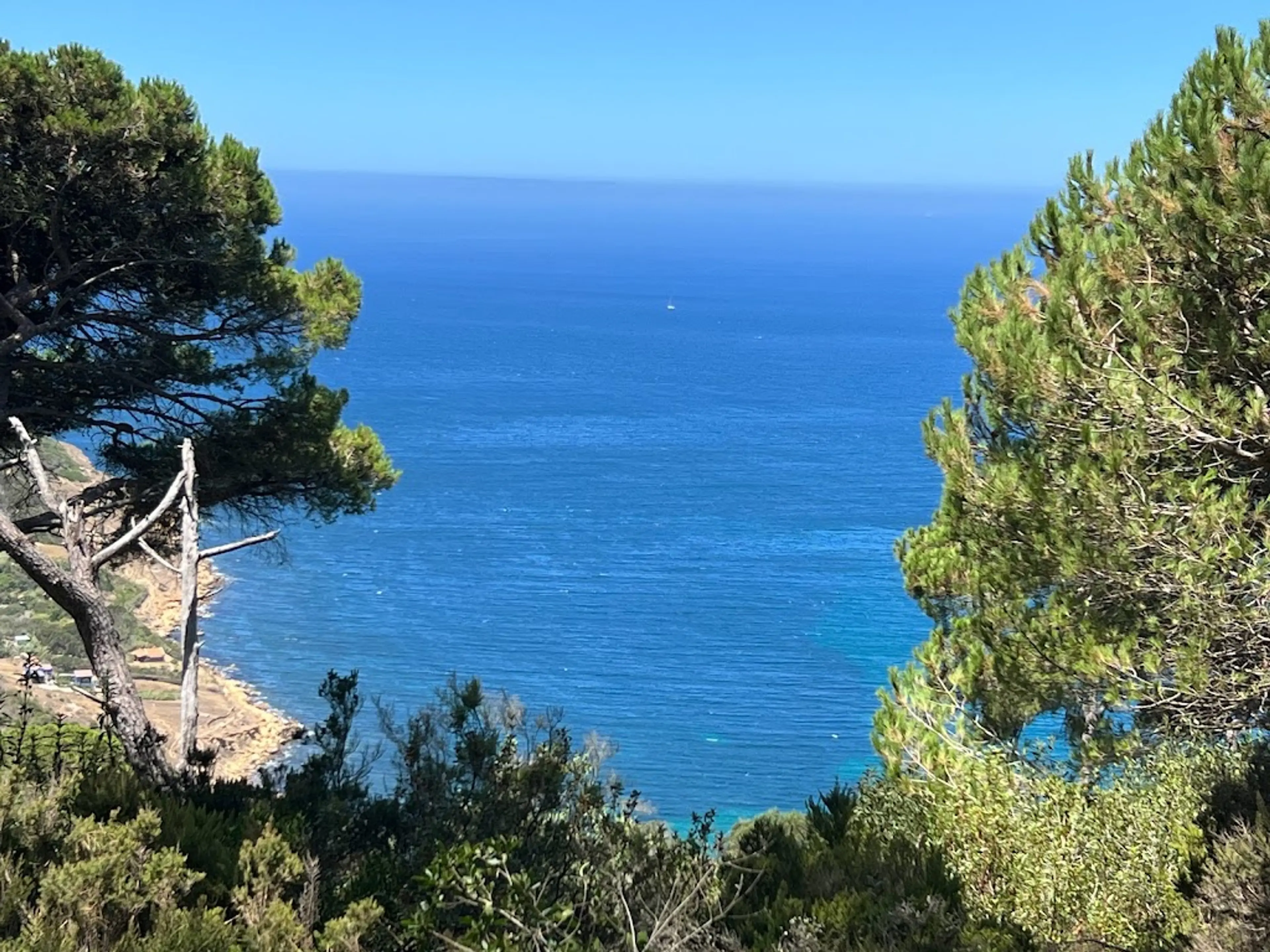
4Rmilat Park
A large park located on the outskirts of Tangier. It offers walking trails, picnic areas, and stunning views of the city and the sea.

5Caves of Hercules
A natural cave located near Cap Spartel. It is associated with the myth of Hercules.

6Grand Socco
A vibrant market square located at the entrance of the medina. It is known for its lively atmosphere, especially during the evening.
Local Food and Drinks (11)

Couscous
A traditional Moroccan dish made from semolina, which is often served with meat and vegetables. Couscous is a staple in Tangier and is typically enjoyed on special occasions.

Tajine
A slow-cooked stew named after the earthenware pot in which it is cooked. Tajine is a popular dish in Tangier, typically made with meat, poultry or fish along with vegetables or fruit.

Pastilla
A traditional Moroccan pie usually made with pigeon meat, almonds, and eggs, wrapped in a crispy pastry. This dish is a delicacy in Tangier and is often served at celebrations.

Harira
A rich soup typically made with tomatoes, lentils, chickpeas, and lamb, spiced with coriander and cinnamon. Harira is traditionally eaten to break the fast during Ramadan in Tangier.

Bissara
A traditional Moroccan soup made from dried broad beans and a variety of herbs and spices. Bissara is a common breakfast dish in Tangier.

Zaalouk
A traditional Moroccan salad made from cooked aubergines and tomatoes, often served with bread. Zaalouk is a popular starter in Tangier.

Baghrir
A Moroccan pancake characterized by its hundreds of small holes. Baghrir is typically served with honey or butter and is a popular breakfast or dessert dish in Tangier.

Chebakia
A Moroccan dessert made by folding dough into a flower shape, frying it, and then coating it in honey. Chebakia is particularly popular during Ramadan in Tangier.

Mint Tea
A traditional Moroccan drink made from green tea and fresh mint leaves. Mint tea is often served with meals in Tangier and is a symbol of Moroccan hospitality.

Spiced Coffee
A traditional Moroccan spiced coffee made with a blend of spices including cinnamon, black pepper, and cardamom. This drink is a popular choice in Tangier's coffee shops.

Avocado Juice
A popular Moroccan drink made from ripe avocados, milk, and sugar. This creamy and refreshing drink is a favorite in Tangier, especially during the hot summer months.
Best time to visit
The best time to visit Tangier, Morocco is during the spring (April to June) and fall (September to November). During these periods, the weather is usually mild and pleasant, making it perfect for sightseeing and exploring the city. The summer months (July and August) can also be a good time to visit, but it can get quite hot, especially during the afternoon. Winter (December to February) is generally cooler and can be rainy, but it's less crowded during this time.
How to get around
Walk
Tangier is a walkable city, especially in the Medina (old town) and the Ville Nouvelle (new city). Walking allows you to fully experience the city's vibrant atmosphere and discover hidden gems.
Taxi
Taxis are a common way to get around in Tangier. There are two types: petite taxis for short trips within the city, and grande taxis for longer distances. Always ensure the meter is running to avoid overcharging.
Bus
Local buses are a cheap way to travel around Tangier. They cover most parts of the city and its outskirts. However, they can be crowded and may not run on a strict schedule.
Train
Tangier has a modern train station with connections to other major cities in Morocco. The train is a comfortable and efficient way to travel long distances.
Car Rental
Renting a car gives you the freedom to explore Tangier and the surrounding areas at your own pace. However, be aware that driving in Morocco can be challenging due to different road conditions and driving habits.
Ridesharing
Ridesharing services like Uber and Careem are available in Tangier. They offer a convenient and often cheaper alternative to traditional taxis. You can book a ride using their respective mobile apps.
Ferry
Tangier is a major port city with regular ferry services to Spain and other destinations. Taking a ferry can be a scenic and relaxing way to travel.
Bicycle
Bicycles can be rented from various locations in Tangier. Cycling is a fun and eco-friendly way to explore the city, although it's best suited to the flatter areas.
Tram
Tangier is planning to introduce a tram system in the future. This will provide a modern and efficient mode of transport across the city.
Important information
Currencyد.م. MAD
Time zoneUTC 0
Driving sideRight
Emergency phoneAmbulance: 15; Fire: 15; Police: 19
Drinking waterOpt for bottled water
Power sockets
Voltage220 V
Things to know about Tangier, Morocco as a first time visitor
1
Tangier is a city in northern Morocco and is a fusion of Africa, Europe, and the Middle East.
2
The official language is Arabic, but French, Spanish, and English are also widely spoken.
3
The local currency is the Moroccan Dirham (MAD). Credit cards are accepted in most places, but it's a good idea to carry some cash for small purchases.
4
Tangier has a Mediterranean climate with mild, wet winters and hot, dry summers. Average temperatures range from 50°F (10°C) in winter to 80°F (27°C) in summer.
5
Tangier is generally safe for tourists, but as with any city, it's important to stay alert and aware of your surroundings.
6
Moroccan cuisine is a mix of Berber, Arabic, French, and Spanish influences. Don't miss trying traditional dishes like couscous, tagine, and mint tea.
7
Tangier operates on Western European Time (WET), which is Greenwich Mean Time (GMT+0).
8
Tipping is customary in Morocco. It's usual to tip around 10% in restaurants and a few Dirhams for services like taxi rides and hotel staff.
9
Public transportation is available and includes buses, taxis, and trains. However, taxis are the most convenient way to get around the city.
10
Morocco is a Muslim country, and it's important to respect local customs and dress modestly, especially when visiting religious sites.
11
The standard voltage in Morocco is 220 V, and the frequency is 50 Hz. The power plugs and sockets are of type C and E.
12
Tap water is generally safe to drink, but it's recommended to drink bottled water to avoid any potential stomach upsets.
13
It's customary to haggle in Moroccan markets, so don't be afraid to negotiate prices.
14
Morocco has a smoking culture, and it's common to see locals smoking in public places. However, many restaurants and cafes now have designated smoking areas.
15
Pharmacies in Tangier are well-stocked and can provide advice and treatment for minor ailments.
16
It's recommended to have travel insurance that covers medical expenses, theft, and trip cancellation.
17
Internet access is widely available in Tangier, with many hotels, cafes, and restaurants offering free Wi-Fi.
18
The city is known for its vibrant nightlife, with a range of bars, clubs, and live music venues.
19
Tangier has a diverse shopping scene, from modern malls to traditional markets, known as souks.
20
Morocco is a predominantly cash-based society, so it's a good idea to always carry some cash with you.
Basic Arabic to know as a first time visitor
English phrase | Native phrase | Pronunciation | When to use it |
|---|---|---|---|
Hello | Salam | sa-lam | Greeting someone |
Goodbye | Bslama | b-sla-ma | Leaving someone |
Please | Afak | a-fak | Making a request |
Thank you | Shukran | shoo-kran | Expressing gratitude |
Yes | Naam | na-am | Agreeing or confirming |
No | La | la | Disagreeing or denying |
Excuse me | SmeH liya | smeh lee-ya | Getting attention or apologizing |
I don't understand | Ma fhemtch | ma fehmtch | When you don't understand something |
Do you speak English? | Wach katheDer beL engLeeziya? | wash ka-thed-er bel eng-lee-zi-ya | Trying to find someone who speaks English |
Where is...? | Fen...? | fen | Asking for directions |
Bathroom | Hammam | ha-mam | Looking for a bathroom |
Help | Musaaeda | mu-sa-eda | In case of emergency |
Food | Taam | ta-am | Looking for a place to eat |
Water | Maa | maa | Asking for water |
Hotel | Fondoq | fon-dok | Looking for a hotel |
Taxi | Taxi | taxi | Looking for a taxi |
How much? | Bshhal? | b-sh-hal | Asking for the price |
I'm sorry | SmeH liya | smeh lee-ya | Apologizing |
Good morning | Sbah lkhir | s-bah l-khir | Morning greeting |
Good night | Tsbah ala khir | ts-bah a-la khir | Night time greeting |
Packing List
Clothing
Lightweight clothing
Underwear
Socks
Comfortable walking shoes
Swimwear
Sunglasses
Hat for sun protection
Light jacket or sweater for cooler evenings
Scarf or shawl for visiting religious sites
Toiletries
Travel-sized shampoo and conditioner
Travel-sized body wash
Toothbrush and toothpaste
Deodorant
Razor and shaving cream
Sunscreen
Lip balm with SPF
Hand sanitizer
Travel-sized first aid kit
Prescription medications
Travel documents and essentials
Passport
Driver's license or other ID
Credit and debit cards
Cash in local currency
Travel insurance documents
Hotel and transportation reservation confirmations
Emergency contact information
Guidebook or map
Electronics and gadgets
Smartphone
Charger for smartphone
Power adapter for Morocco
Portable power bank
Headphones
Camera
Memory card for camera
Miscellaneous items
Reusable water bottle
Snacks for travel
Travel pillow and blanket
Earplugs and eye mask
Travel-sized laundry detergent
Travel-sized wet wipes
Notebook and pen
Books or e-reader for entertainment
Travel-sized umbrella or raincoat
Weather Conditions
Tangier, Morocco is a city that experiences a Mediterranean climate, which means it has warm, dry summers and mild, wet winters. If you're planning to visit during the summer months, from June to August, expect temperatures to range from 75°F to 85°F (24°C to 29°C). It's the perfect time for outdoor activities and beach visits. However, it's also the peak tourist season, so be prepared for larger crowds. The winter months, from December to February, are cooler with temperatures ranging from 50°F to 60°F (10°C to 15°C). This is also when Tangier gets most of its rainfall, so pack a raincoat or umbrella. Despite the rain, winter can be a great time to visit if you prefer fewer tourists and enjoy exploring museums and indoor attractions. Spring and autumn are considered the best times to visit Tangier. From March to May and September to November, the weather is usually mild and pleasant, with temperatures ranging from 60°F to 75°F (15°C to 24°C). These seasons offer a balance of good weather and fewer tourists. Regardless of when you visit, it's always a good idea to check the local weather forecast before your trip. This will help you pack appropriately and plan your activities. Also, remember that Tangier is a coastal city, so it can get quite windy at times, especially in the afternoon and evening. A light jacket or windbreaker can be useful. Finally, don't forget to stay hydrated and protect yourself from the sun, especially during the summer months. The sun can be quite strong, even when it doesn't feel overly hot. Always carry water with you and use sunscreen, a hat, and sunglasses for protection.
| Month | Hi / Lo (°C) | Weather Overview |
|---|---|---|
January | 18° / 8° | January is the coldest month in Tangier, Morocco, with an average low of 8°C and a high of 18°C. It's a good time to visit if you prefer cooler weather. |
February | 19° / 9° | February sees a slight increase in temperature, with lows of 9°C and highs of 19°C. It's still relatively cool, making it a good time for sightseeing. |
March | 20° / 10° | March marks the beginning of spring in Tangier, with temperatures ranging from 10°C to 20°C. The weather is pleasant, perfect for outdoor activities. |
April | 22° / 12° | April sees a further increase in temperature, with lows of 12°C and highs of 22°C. It's a great time to visit the beaches. |
May | 25° / 15° | May is a warm month in Tangier, with temperatures ranging from 15°C to 25°C. It's a perfect time to enjoy the city's outdoor attractions. |
June | 28° / 18° | June marks the beginning of summer in Tangier, with temperatures ranging from 18°C to 28°C. It's a great time to enjoy the beaches and outdoor activities. |
July | 30° / 20° | July is the hottest month in Tangier, with temperatures ranging from 20°C to 30°C. It's a great time for beach activities, but remember to stay hydrated. |
August | 30° / 20° | August is equally hot as July, with temperatures ranging from 20°C to 30°C. It's a great time to enjoy the beaches, but remember to stay hydrated. |
September | 28° / 18° | September marks the beginning of autumn in Tangier, with temperatures ranging from 18°C to 28°C. It's a great time to visit as the weather is still warm but less crowded. |
October | 25° / 15° | October sees a decrease in temperature, with lows of 15°C and highs of 25°C. It's a good time to visit for those who prefer milder weather. |
November | 22° / 12° | November is a cool month in Tangier, with temperatures ranging from 12°C to 22°C. It's a good time to visit for those who prefer cooler weather. |
December | 19° / 9° | December is a cool month in Tangier, with temperatures ranging from 9°C to 19°C. It's a good time to visit for those who prefer cooler weather. |
Did you know?
Places near by Tangier, Morocco

Caves of Hercules
A natural and archaeological cave complex located just 14 km west of Tangier.

Cap Spartel
A promontory in Morocco about 1,000 feet (300 m) above sea level at the entrance to the Strait of Gibraltar, 12 km West of Tangier.

Asilah
A fortified town on the northwest tip of the Atlantic coast of Morocco, about 31 km south of Tangier.

Tetouan
A city located in northern Morocco, 60 km southeast of Tangier. It is one of the two major ports of Morocco on the Mediterranean Sea.

Chefchaouen
A city in the Rif Mountains of northwest Morocco. It’s known for the striking, blue-washed buildings of its old town.

Rabat
The capital city of Morocco, located on the Atlantic Ocean at the mouth of the river Bou Regreg.

Casablanca
Morocco's largest city and its economic hub, located on the Atlantic Ocean.

Fes
A northeastern Moroccan city often referred to as the country's cultural capital. It's primarily known for its Fes El Bali walled medina.

Marrakech
A major city in the northwest African nation of Morocco. It is the fourth largest city in the country after Casablanca, Fes and Tangier.

Merzouga
A small Moroccan town in the Sahara Desert, near the Algerian border.